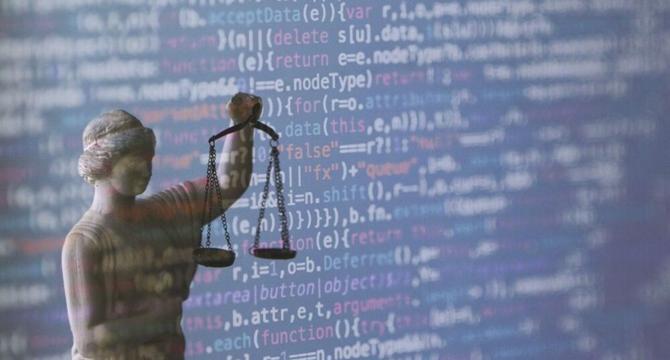TechBullion
4w
183

Image Credit: TechBullion
Regulating Algorithmic Bias Legal Responses To Discrimination In Big Data Decision-Making
- The development of algorithms operating in various fields has led to the reproduction of social biases, necessitating legal updates to protect discriminated population groups.
- Algorithmic bias, stemming from various sources, including data quality and algorithm design, leads to discriminatory outcomes in systems such as hiring and law enforcement.
- Automated decision-making systems often target vulnerable ethnic groups, promoting discrimination in areas like hiring and law enforcement.
- Transparency in algorithm operations is crucial to understand decision-making processes, maintain fairness, and prevent discrimination.
- The right to explanation under regulations like GDPR enables individuals to challenge automated decisions, enhancing algorithmic transparency and fairness.
- Algorithmic accountability is essential to address biases and discriminatory outcomes, ensuring responsible decision-making and protecting individual rights.
- Legal frameworks such as the GDPR and CCPA play a crucial role in safeguarding against algorithmic bias and promoting accountability.
- Proactive governance measures, including algorithm audits, are vital to detect and address biases before they impact diverse societal functions.
- Regulations need to combine transparency, fairness, and legal accountability to mitigate algorithmic biases and prevent discriminatory outcomes.
- A human-centered approach, integrating ethical principles and regulation, is essential for the development of AI systems that align with societal values and human rights.
Read Full Article
11 Likes
For uninterrupted reading, download the app